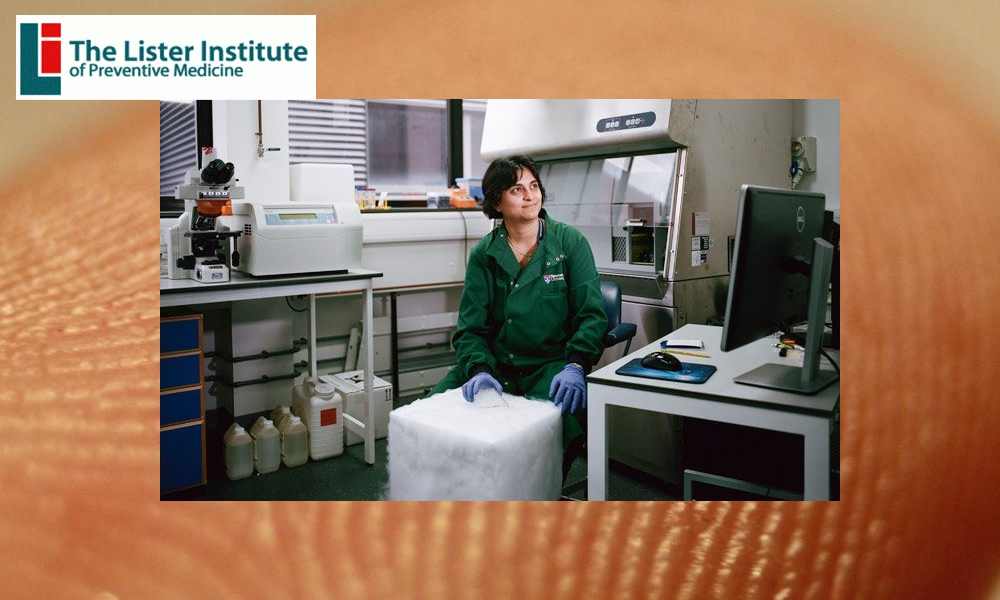Prestigious award for Malaysian scientist

Afterschool Team
September 13, 2016
It’s not every day that Malaysian scientists make the news or get recognised for their contribution to the world of science. Harder still for female scientists.
The situation however is changing. Women in science are beginning to take centrestage worldwide. Last year's Pluto mission, New Horizon had 7 female scientists on the team of 17. Then there was Maryam Mirzakhani, the Iranian mathematician who became the first woman to win the prestigious Fields Medal prize. And there is Nobel Laureate Youyou Tu, a Chinese scientist who won the prize for her discoveries concerning a novel therapy against Malaria in 2015, and the list goes on.
Malaysia has two female scientists this year that are rocking their respective fields and setting examples to young Malaysian women who aspire to be scientists, or aspire to chase their dreams.
February this year, gravitational waves were detected for the first time in the history of science after a 100 years of theoretical work and technological development. The team that contributed to this discovery was made up of more than 1,000 scientists, among them was the young Malaysian PhD candidate at the University of Glasgow, Hafizah Noor Isa.
Hafizah studied at Universiti Teknologi Mara (UiTM) and Universiti Islam Antarabangsa (UIA), then moved to pursue her PhD at the University of Glasgow's Institute of Gravitational Research.
In May of 2016, yet another Malaysian scientist took the spotlight, the Penang-born, UK-based, Professor Dr Muzlifah Haniffa.
Dr Muzlifah was fascinated by the stars and hoped to study them one day and become an astronomer. However, the future would hold a surprise for her as she claimed the podium for the field of research on dermatology and the immune system.
Her relentless work and perseverance led her to be the proud recipient of the prestigious Lister Institute Research Prize Fellowship back in May. Besides the fellowship, Prof Muzlifah received RM1.09 million (£200,000) prize which she plans to use in her research into a family of white blood cells, with the aim of improving existing vaccination strategies and new treatments for cancer.
This fellowship is provided by the UK medical research charity The Lister Institute of Preventive Medicine and is considered a one-off award that is given to rising stars in the field of biomedical research. Five prizes are given to accomplished researchers annually.
Previous winners of this prestigious award are world renowned scientists and researchers at the top of their fields. Prof Muzlifah had benefited from the work of her predecessors and colleagues and is now being crowned as an inspirational figure among the people who have inspired her.
Looking into tracking the movement and functional changes of white blood cells across human tissue is her primary field of research. Current technology only takes snapshots without knowing when inflammations or disease triggers occur. She aims to film and record immune cells in multiple dimensions during inflammation.
Her study is contributing to the possible development of new forms of therapies and treatment processes that would exploit the powers of the immune system, emulating – in the process – the recent development in cancer treatment.
Prof Muzlifah recieved her medical degree from University of Wales, and completed general medical training in Cambridge and specialist training in Dermatology in Newcastle. She was awarded an Action Medical Research Clinical Training Fellowship and carried out one year of postdoctoral research in Singapore Immunology Network (SIgN). Prof Muzlifah was awarded the Sue McCarthy Prize (runner-up) for the UK Medical Research Society Young Investigator Award (2009), the British Society for Investigative Dermatology Young Investigator Award (2012) and the European Society for Dermatology Research LEO Pharma Research Foundation Silver Prize (2013).
Women like Prof Muzlifah and PhD candidate Hafizah reflect an inspiring image of Malaysia's human capabilities and set an example for both Malaysians and non-Malaysians alike. Scientists around the world and in Malaysia particularly should be celebrated more as they are truly the way to a brighter future.




